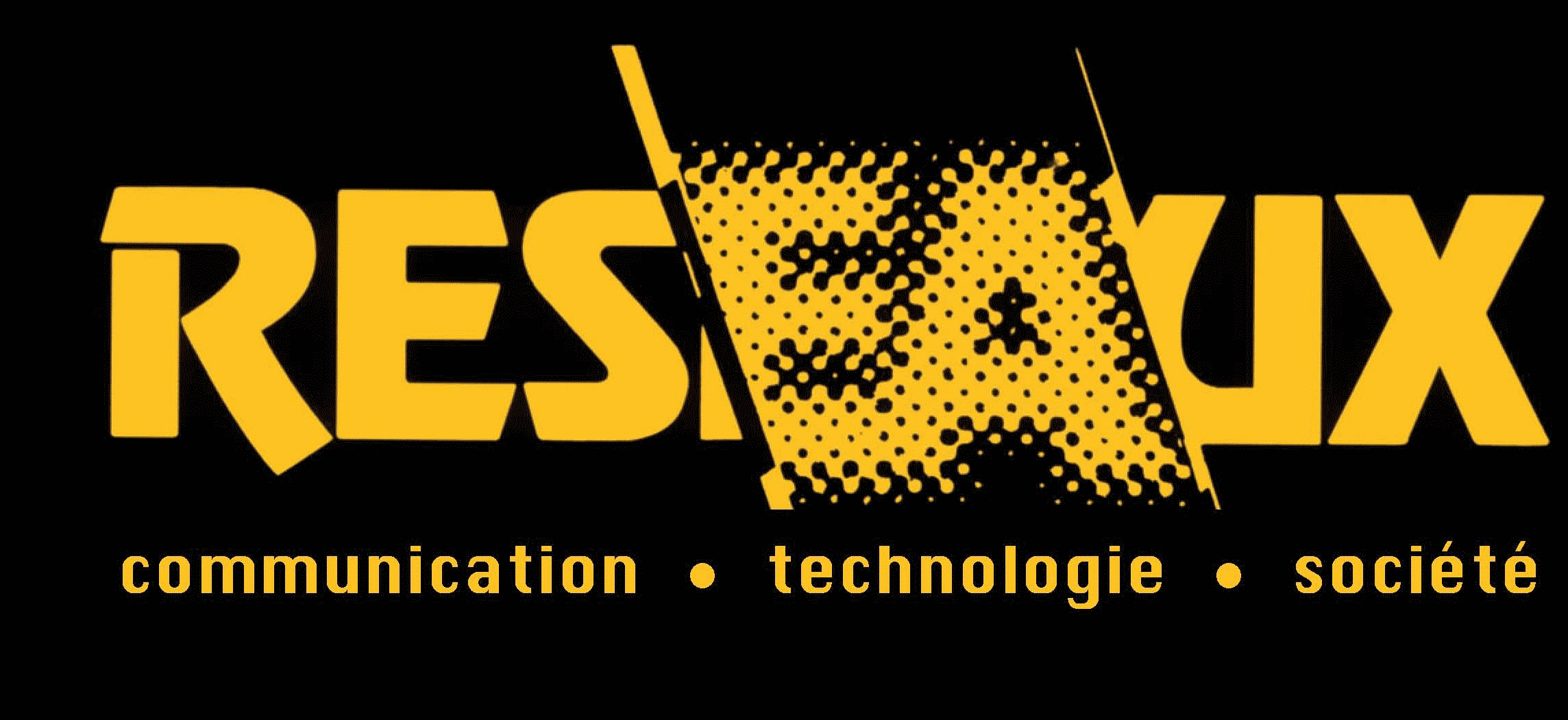Dematerialization and public action
Coordination
Fabien Granjon
Presentation
Public service reform aims to develop action plans that will enable the State to reduce public spending and debt, improve working methods and working conditions for civil servants, and optimize the quality of services provided to users. The reshaping of the public action model is based on increased use of digital technology (platformization, open data, algorithmic processing, etc.) and the dematerialization of public services. These are processes that come with their own set of problems, as they profoundly change professional practices and habitual ways of working. The ‘public transformation’ brought about by digital technology, particularly insofar as it affects public action, is encountering obstacles that this issue documents and examines from a theoretical standpoint and in a variety of fields, focusing on the innovation phase and the phase of use, both ordinary and professional.
Editorial Board
Valérie Beaudouin [valerie.beaudoin@ehess.fr]
Patrice Flichy [patrice.flichy@u-pem.fr]
Editorial secretary: Aurélie BUR [aurelie.bur@enpc.fr]
Editorial committee: Jean-Samuel Beuscart, Dominique Cardon, Éric Dagiral, Fabienne Greffet, Christian Licoppe, Inna Lyubareva, Sylvie Octobre, Sylvain Parasie, Franck Rebillard, Olivier Voirol
Réseaux has also published
• Arsène S., Mabi C. (2021), (Coord.) Public policy through the lens of digital governmentality, Réseaux, vol. 39, n° 225.
Cover copyright: Spectres © Claire Chatelet/IA 2024.
